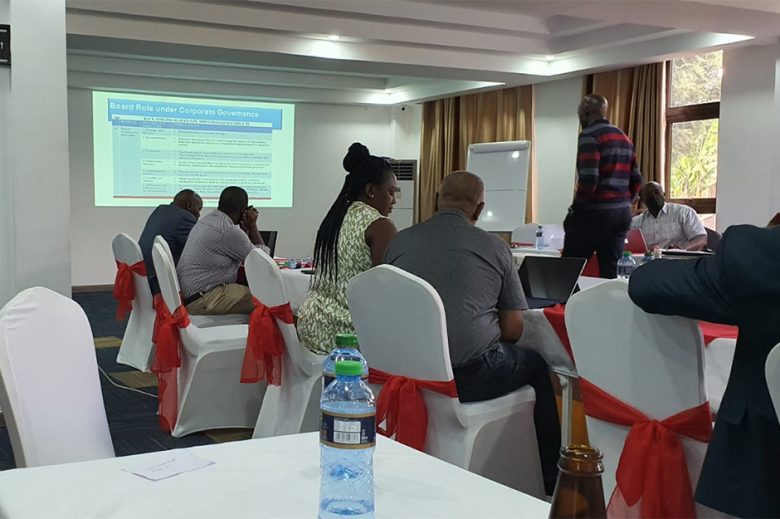DEVELOPMENT OF A NATIONAL SOCIAL RISK MANAGEMENT FRAMEWORK FOR KENYA
Social Risk Management (SRM) is premised on the principles of engaging local populations in development projects from the early design
stages in order to prevent unintended adverse effects and potential risks of development projects. SRM seeks to manage unintended adverse impacts and potential social risks such as exclusion, negative impacts on livelihoods, and social cohesion, particularly on marginalized minority communities and vulnerable individuals. If implemented well, Social Risk Management not only avoids causing harm to people but streamlines project implementation, reducing costs and project delays by improving awareness of project risks. The concept of social risk management is then determined to be critical within the Kenyan context, where the government has in recent years pursued aggressive development agenda that focuses on improving the nation’s infrastructure leading to increased awareness of the social costs of rapid development.
There, however, has been a challenge in improving social risk management in Kenya due to the lack of clearly-defined regulatory and oversight arrangements for the development and application of effective SRM policies and practices. Where they exist, the mandates for SRM are vested in different government ministries and agencies without a clear coordination mechanism. This fragmented approach is replicated at the county level, with no effective coordination between county and national government levels. Continued implementation of numerous projects across both levels of government that require screening and management of SRM thus necessitates a framework to be able to manage social risks effectively.
In this assignment, we shall work with the World Bank and the Ministry of Public Service, Gender, Senior Citizen Affairs, and Special Programmes (MPSGSCA&SP) to develop and validate a National Framework on Social Risk Management.


Comments are closed.